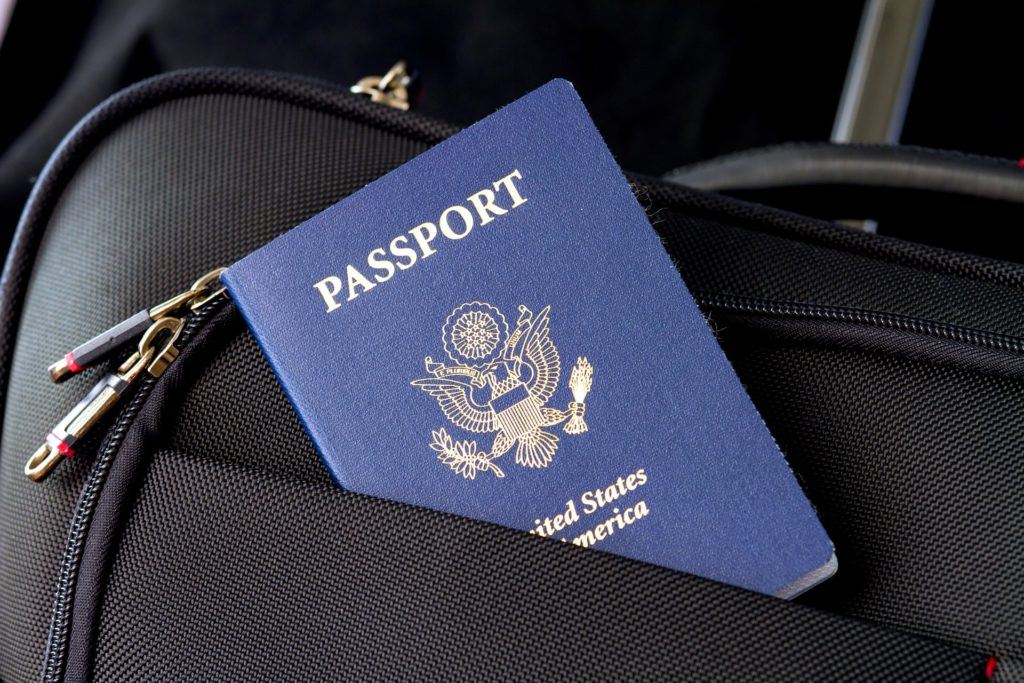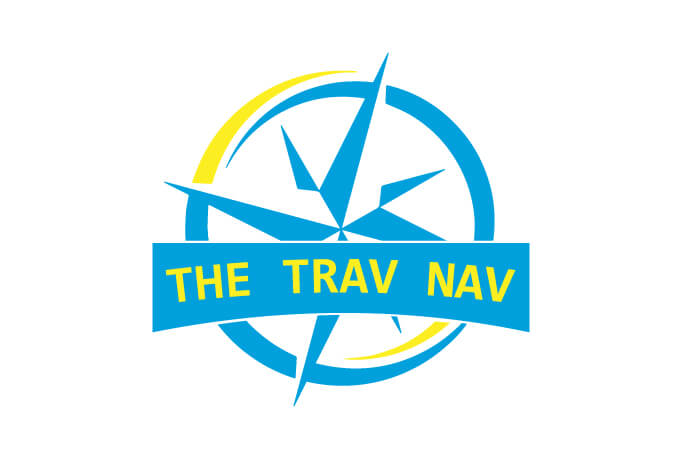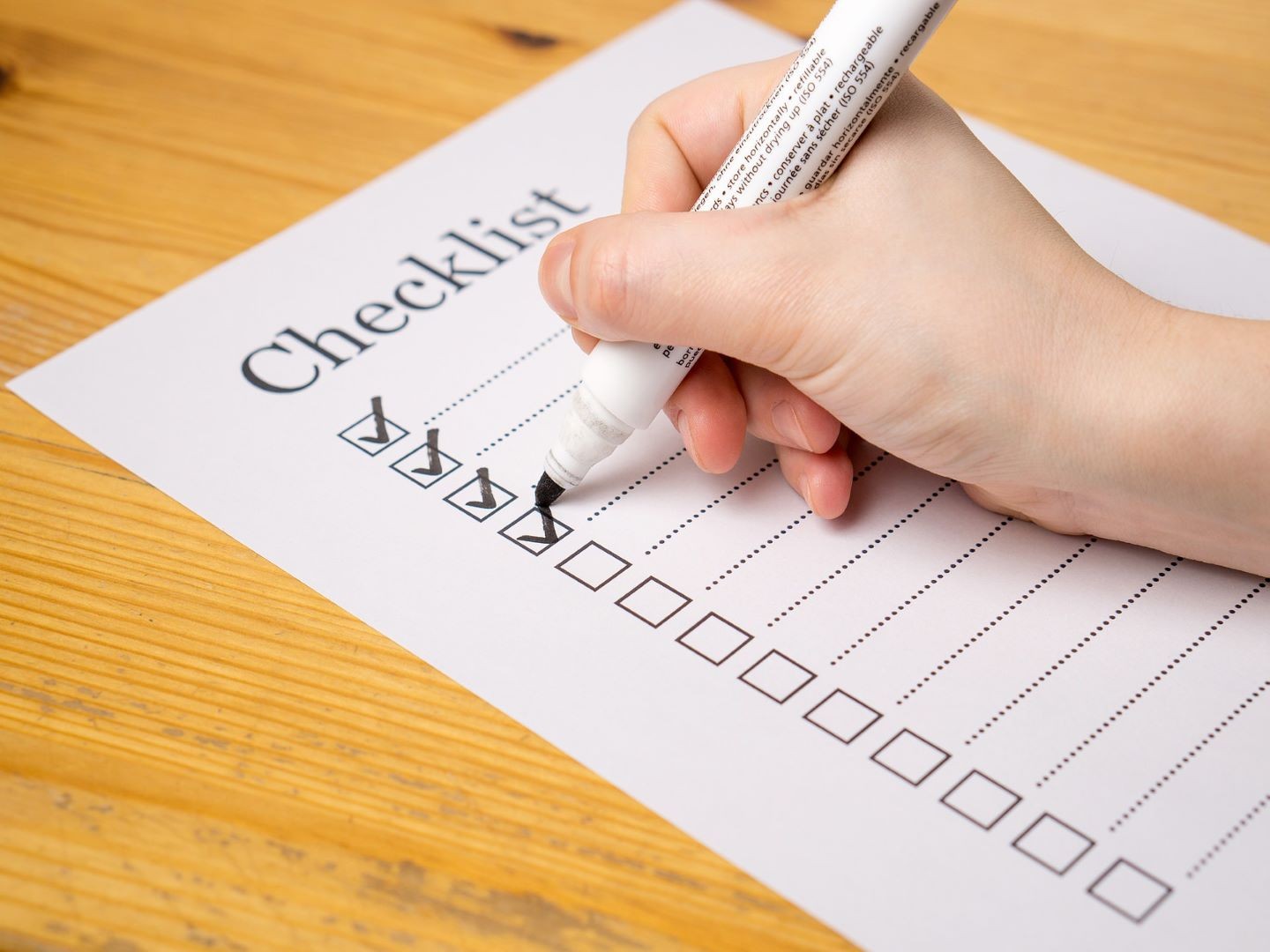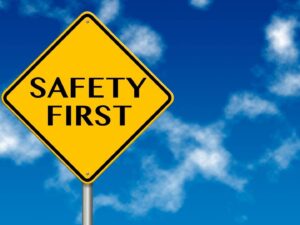There are several basic things you can do in advance of your trip that can help dramatically improve your next vacation. These are all easy, and in some cases necessary steps you should take before leaving for your epic adventure. These tips for planning the ultimate vacation will improve your next vacation.
1. Check the weather.
While this might seem obvious, people forget that it is not always sunny in California or the start of winter guarantees there is fresh powder in Colorado. Bad weather can easily ruin what was supposed to be an amazing vacation. For instance, if you travel to the Caribbean from June through October, you are traveling during hurricane season. While you might not face a hurricane or even a tropical storm, it tends to rain more during that time of year. The Caribbean is not alone in facing these issues. Across the globe in Southeast Asia, the monsoon season brings rain, high temperatures, and sometimes unbearable humidity. It is important to know the weather before you go.
To avoid these issues, first, decide if you are planning to travel during a particular time of year. Next, do a little bit of research or talk to a travel agent about the best places to visit during that time of year. If you are flexible, pick your destination first and then, based on the average weather, determine the time of year you want to visit. A quick weather search can help you sidestep the woes of traveling in bad weather.
Table of Contents
ToggleAs your vacation approaches, check the weather to assist in packing for your trip. You want to make sure you pack weather appropriate clothes and accessories you will need while on vacation.
2. Plan a few things.
One of my best tips for planning the ultimate vacation is to do a little planning. Don’t be afraid to book a few activities before you leave for your vacation. There might be limited availability, and you don’t want to miss out on an experience because you didn’t think to do a little advanced planning. My husband and I almost missed an opportunity to see the top of the Eiffel Tower because we did not book our tickets in advance. After waiting much longer than I would have preferred, thankfully, it all worked out.
I now know to book a few things before leaving home. Pre-planning gives me peace of mind that I will be able to see the sights or partake in the activities most important to me. I suggest booking the following things in advance:
- Make a couple of dinner reservations by using Open Table or Yelp at least a few weeks before your trip. Often there are places you are traveling where there are specific restaurants you want to dine, and a reservation is required. You are probably not the only one who wants to eat at the new hip and trendy establishment or the local Michelin star restaurant. Since you can generally change your dinner reservations, there is little downside to making a couple of dinner reservations before you head out on your journey.
- Theater or Concert Tickets. When in a big city, you might want to see a play, attend a supporting event, or hear a concert. Consider contacting the hotel concierge before you arrive to purchase your tickets or find a reputable online ticket broker.
- Tours and Experiences. When traveling to large cities, I prefer to mix days of exploring on my own with days with pre-arranged tours. This way, I am free to walk around to take in the sights and sounds of the city while still guaranteed to hit the highlights. On the same Paris trip, I booked an excursion to Versailles as well as a biking tour in the Lore Valley. I knew I wanted to do both activities and did not want to risk having either tour sell out. Based on my pre-planning efforts, both tours were amazing. By prearranging some of your excursions, you also save time researching while on your trip and hopefully, you can skip a few lines too.
- If you are staying on a remote island, like in the Maldives, contact the hotel concierge before you arrive to find out what you should book in advance. While the hotel might try to oversell you on the things you should book in advance, it will give you an idea of what you should consider booking before you leave.
- About a week or two before your trip, start making a list of all of the things you need to buy or don’t want to forget to pack. A list will make packing easier, and you won’t have to keep reminding yourself of random items you want to add to your suitcase.

3. Make sure your passport is up to date.
Numerous countries require that your passport remain valid for at least six months after the conclusion of your trip. That is why it is important to research the entry requirements well in advance of your trip to determine whether you need to get your passport renewed. You don’t want to be turned around at the airport because you forgot to check the entry requirements and your passport expiration date. A little research before you leave can save you significant expense and frustration on your vacation.
4. Keep a copy of your travel documents with you and enroll in STEP.
For safety purposes, this is one of my best tips for planning the ultimate vacation. You should make a copy of your passport and put it in a secure location that you can access while on your trip. Access to a copy of your passport can be handy in the event it is lost or stolen. It is easier to obtain a new passport if you have a copy of your old passport.
I also like to bring a copy of the confirmation sheet for any confirmed activities. By having the confirmation information with me, I don’t have to worry about finding directions, or remembering the tour start time. In addition, if you are a United States citizen, you can enroll in the government program STEP (Smart Traveler Enrollment Program) and receive email alerts with important safety information about the areas are you visiting.
I found the STEP program useful when visiting Hong Kong. STEP kept me up to date on the planned protests in Hong Kong and alerted me to the areas I should avoid while visiting.
5. Determine if you need a travel visa.
Many countries require that tourists purchase a travel visa. Some countries allow you to apply for a visa online rather than at the embassy or consulate office. I was able to apply for and receive my India travel visa in just a few days by using the online process. However, the visa process was annoying and took me some time to make sure that I correctly uploaded the size of the required pictures. to avoid these woes, don’t wait until the last minute to secure your visa. Once you know you are traveling to a country that requires a visa, fill out the application right away.

6. Get Vaccinated.
Several months before you leave for your vacation, check the CDC website and talk to your doctor about the vaccinations and medicines, if any, you might need for your travel. You might be surprised to learn which vaccinations or medicines are recommended for your trip. For my trip to India, I needed several vaccinations and was advised to take malaria medicine. In addition, my doctor gave me a prescription for Cipro in case I got sick while away. You want to be as prepared as possible to ward off any unwanted to diseases.
7. Do you need travel insurance?
Travel insurance can be a hot button issue, and many people don’t think it’s necessary. Travel insurance is a personal choice. For me, since I have good health insurance coverage, it comes down to where I’m going and whether my trip is refundable. I usually purchase travel insurance when a large portion of my trip is non-refundable or if I need extra medical insurance.
For a recent trip to India and the Maldives, I purchased travel insurance. I looked for a plan with coverage for trip interruption, trip cancellation, medical insurance, and medical evacuation insurance in the unlikely event I had a major medical issue. With these features, the cost of travel insurance is usually based on the cost of your trip and can be pricey.
You can purchase insurance that provides medical insurance without the trip interruption/ cancellation features that are generally less expensive and can be equally valuable. You never know what is going to happen on vacation, and it is better safe than sorry.
But, before you buy trip insurance, check with your credit card company to see if your credit card provides trip insurance protection. Both the Chase Reserve and Platinum American Express cards provide some trip insurance coverage.

8. Create a separate travel bank account.
In the age of technology, one can never be too careful. There are always stories in the news about criminals using scanners on the local ATMs to obtain bank card information. To combat someone improperly accessing my bank account and stealing my money, I have a separate bank account and an ATM card for traveling. I use the travel ATM card the same way I would use a normal ATM card and maintain all of the same conveniences. My travel account has a set amount of money in it for my trip that separate from any other account. You might want to think about speaking to your local bank agent about creating a separate travel account.
9. Carry walking around money.
When traveling, I like to travel with some cash in case of an emergency. I generally have a $20 bill stashed in my phone case. You never know when there is going to be a store you want to buy something from that will only take cash or you get stranded somewhere and need cash to pay for a ride home.
10. Bring foreign currency with you.
Before heading out on vacation, I go to my local bank and buy the currency I will be using when I am traveling. Having the proper currency when you land makes things easier for three reasons:
- You don’t have to run to an ATM as soon as you land;
- You don’t have to stand in line and pay the exorbitant fees at the airport currency exchange store; and,
- When you arrive at your hotel, you have the proper currency to tip your bellman or concierge.
The amount of money I buy depends on how long I am staying in the country and how far my money will go. On a recent trip to India and Hong Kong, I bought $150 in Rupees and $50 in Hong Kong dollars. Since I set up my transportation in advance, this amount was sufficient. Another tip, obtain small bills to give you more flexibility in how you spend your money.
11. Sign up for cloud storage.
There is nothing worse than going on an amazing vacation only to have your camera stolen on the last day. I know because this happened to me. Our camera was stolen the morning my husband and I were headed home after a two and half week vacation in Central and South America. To our surprise, this happened at a 5-star hotel. We were complacent in thinking the contents of our bags would be safe at a luxury resort. Unfortunately, I learned the hard way that I was wrong. The best way to protect your photos is to upload your pictures to a cloud storage site like iCloud. By going through this process (which can be tedious at times), you can safeguard your pictures.
12. Is there any special clothing or gear you need for your trip?
Often when traveling, there are a few items that can help improve your vacation. For instance, are you traveling to a resort with a restaurant with a dress code or going to Thailand and need long pants and something to cover your shoulders when entering temples? Think about the clothing, gear, and accessories you need to make your trip a trip of a lifetime. Feel free to visit my Shop page for suggestions for items every traveler needs.

13. Learn a little about the local culture.
If you are traveling to a non-Western country, it is important to make sure you learn a little about the local culture before you get to your destination. You don’t want to insult someone or get arrested accidentally. Many cultures are conservative by Western standards, and their cultures should be respected. After all, isn’t that why you are visiting that country in the first place? When traveling to a conservative country, think about your wardrobe and whether what you are packing will allow you to fit in or if your clothes might call unnecessary attention to yourself.
Find out if the country you’re visiting appreciates and expects you to bargain or if trying to do so would be insulting. Think about whether tipping is customary and if so, how much you should tip. For instance, in the United States, people tip their waiters and waitresses 15-20% depending on the service and more recently, your housekeeper a few dollars a night. However, the same tipping rules do not apply in other parts of the world.
14. Learn a few words in the local language.
When visiting a foreign country, it is helpful to know a few words in the local language in the event the citizens do not speak English. A couple of words or phrases can help you get what you need and allow you to be respectful at the same time. Consider learning hello, how are you, thank you, I’m sorry, how much does that cost and where is the bathroom. A little bit of effort goes a long way.
15. Download music, books, and movies.
Nowadays, more and more upscale resorts are foregoing TV’s and WiFi in guestrooms to provide a more relaxing environment. We are coming full circle where guests are paying to get away from these modern conveniences. Before you leave, download a few movies or books just in case you want to watch or read something before heading off to bed. Having your favorite music on hand is useful too if you are planning a long drive or you’re just relaxing by the pool.
I hope these tips for planning the ultimate vacation transform an ordinary trip into a trip of a lifetime.
You can also check out my list of 17 Essential Items Every Traveler Needs and Planning the Perfect Road Trip.




